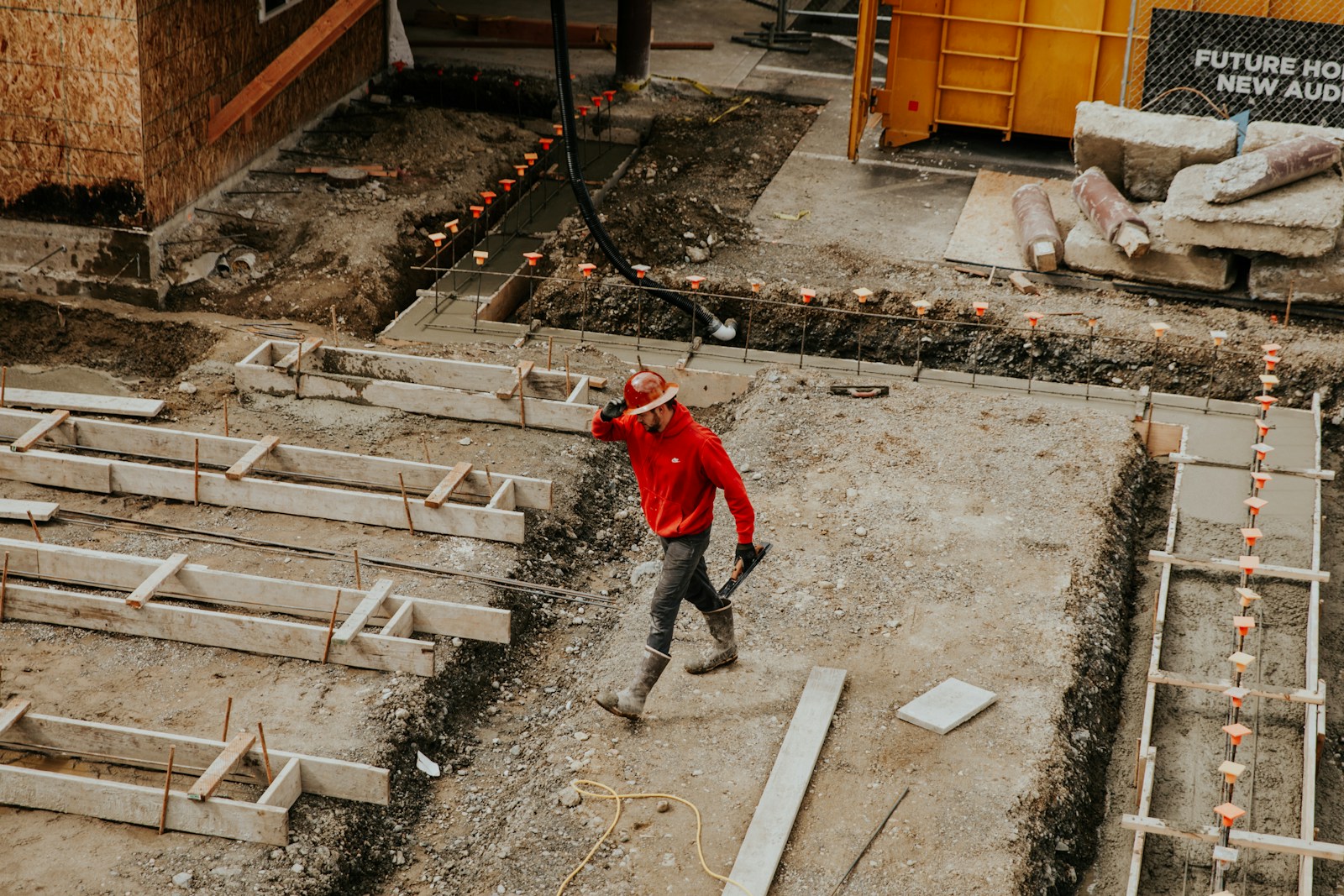
Common Contractors Insurance Claims and How to Avoid Them
Contractors face various risks on job sites, often leading to various insurance claims that can disrupt business operations and lead to increased future rates. By understanding these common claims and taking proactive steps to mitigate risks, your business can operate more smoothly and avoid possible financial strain.
Six Frequent Claims and Tips to Avoid Them
Consider the following types of contractors insurance claims and how you and your business can avoid having to file them:
- Property damage claims—Property damage is one of the most frequent claims. This can occur when a contractor accidentally damages a client’s property during construction or renovation. To avoid such claims, ensure thorough site inspections and use protective measures like drop cloths and barriers. Regularly train your team on careful handling of materials and equipment.
- Bodily injury claims—Accidents on construction sites can lead to injuries for workers or third parties. These claims are often covered by workers’ compensation and general liability insurance. To minimize risks, enforce strict safety protocols, provide regular safety training, and ensure all workers wear appropriate personal protective equipment.
- Construction defect claims—These claims are related to construction defects arising from issues in the workmanship or materials used. These defects can lead to property damage or unsafe conditions. To prevent such claims, maintain high quality control standards, conduct regular inspections and use reputable suppliers for materials.
- Theft or vandalism claims—Tools, equipment, structures and job sites as a whole can all be adversely impacted by crime. Secure your tools and equipment in locked storage when not in use and consider installing security measures, such as surveillance systems, on job sites. Additionally, keep an inventory of all tools and equipment, including their costs and conditions.
- Natural disaster claims—Severe weather can cause significant damage to construction sites. Cover your projects by using weather-resistant materials and securing loose items. Develop a contingency plan for weather-related disruptions and ensure your insurance policy covers such events, as certain incidents, such as floods and landslides, are typically excluded from standard policies.
- Subcontractor disputes—Disputes with subcontractors over delays, breaches of contract or faulty work can lead to claims. To avoid these issues, vet subcontractors thoroughly, establish clear contracts and maintain open communication throughout the project.
We’re Here to Help
Contact Insure All, LLC in Oakbrook, Illinois, today to learn more about contractors insurance or compare personalized quotes.
This blog is intended for informational and educational use only. It is not exhaustive and should not be construed as legal advice. Please contact your insurance professional for further information.
Categories: Sin categorizar
